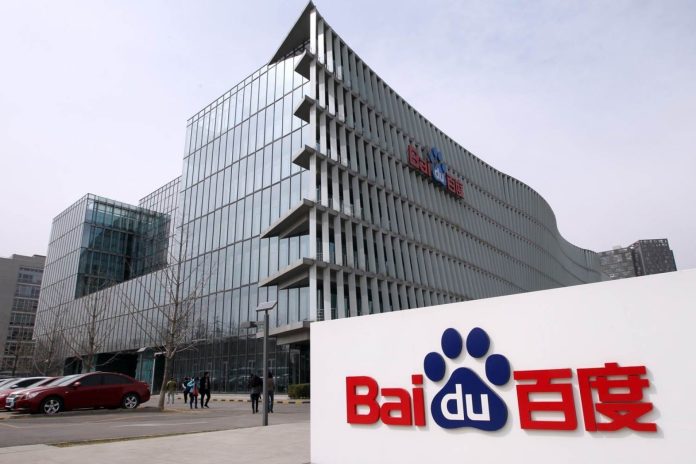Chinese technology giant Baidu has announced a new platform that integrates smart vehicle systems and intelligent road infrastructure.
Its ‘intelligent vehicle infrastructure cooperative systems’ (IVICS) solution, called Apollo, supports sensor data for vehicle perception, roadside perception, data compression, communication optimisation, as well as vehicle-to-everything (V2X) software and hardware.
Baidu has been developing the solution since 2016, it said, accumulating data from various test scenarios in the period. The system has been trialed in Beijing and Silicon Valley in passenger vehicles, minibuses and logistic vehicles.
A trial run of the system will be conducted in China’s Xiong’an New Area, the Chinese goivernment’s pilot city for artificial intelligence. In addition, Baidu said it will partner with the College of Transportation Engineering at Tongji University to establish a joint laboratory and collaborate in the design of autonomous driving networks and simulation of traffic systems.
Robin Li, chairman and chief executive at Baidu, said: “A future intelligent transportation system powered by Apollo IVICS will improve road safety, use of resources and management of traffic congestion issues at a cost much lower than the deployment of autonomous driving vehicles alone.”
The company is working with China Unicom, Datang Telecom, and China Transinfo to integrate “resources” from various sectors including telecommunications, automotive manufacturing, and infrastructure and construction, as well as with government and universities.
Zhenyu Li, vice president and general manager for intelligent driving at Baidu, described the Apollo solution as a “milestone” in the development of the company’s open autonomous driving platform.
“It signifies Apollo’s integral opening-up of both vehicles and road infrastructure. We hope to continue to join forces with industry partners to build future roads for autonomous driving through the utilisation of IVICS.”
Ji Tao, technical director of Baidu’s ‘intelligent driving’ group, said: “In the future, Baidu will equip Apollo with Intelligent Vehicle Infrastructure Cooperative Systems modules in software, hardware and cloud services based on its existing four-layer foundation of the open technical framework.
Baidu’s advantages in high-definition mapping and telecommunications connectivity optimization allow the company to seamlessly bridge between vehicles and road infrastructure – a feature which Baidu will offer to its partners, Tao added.

